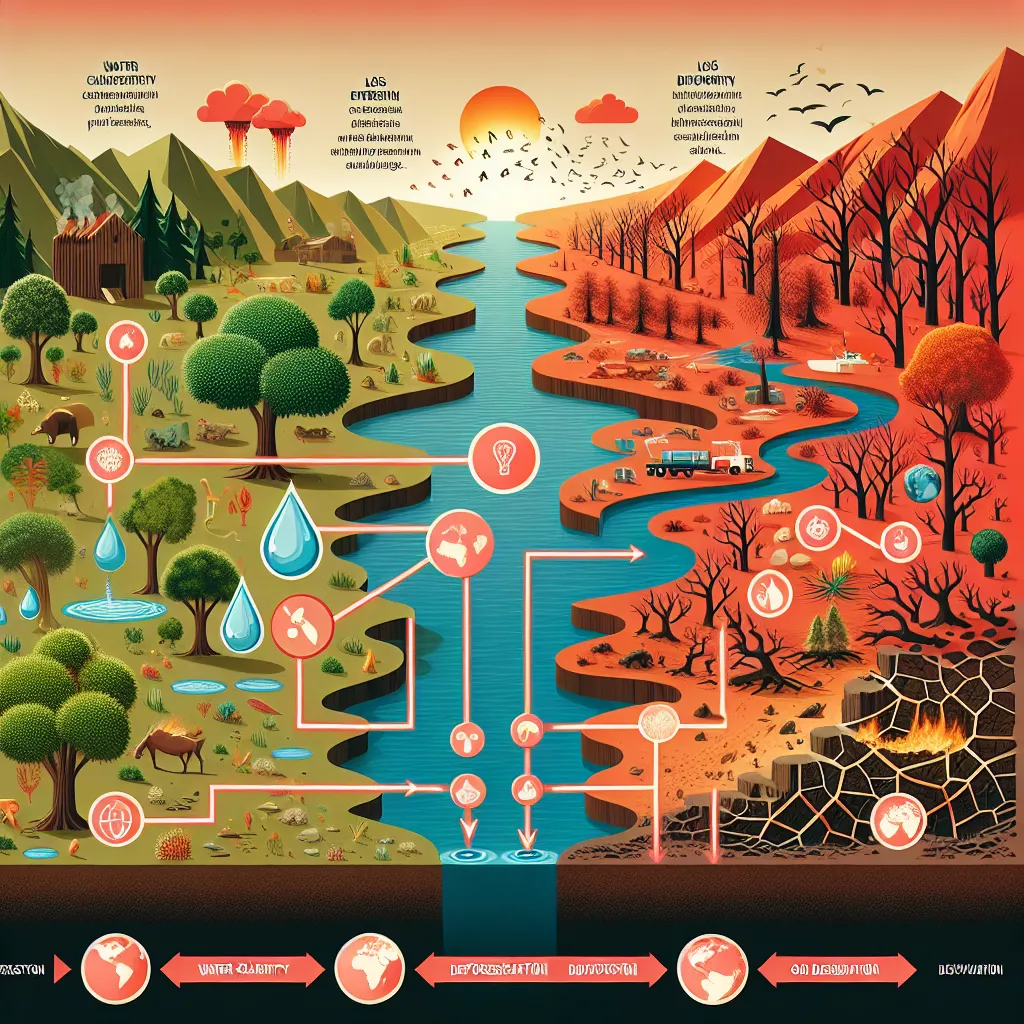The IELTS Reading section challenges test-takers to demonstrate their English comprehension skills through various question types and texts of increasing difficulty. Today, we’ll focus on a topic that has become increasingly prevalent in recent years: “The impact of social media on public discourse.” This subject has appeared in several past IELTS exams and, given its ongoing relevance, is likely to feature in future tests as well.
As we delve into this practice exercise, remember that the IELTS Reading section requires not only language proficiency but also critical thinking and time management skills. Let’s explore how social media has transformed the way we communicate and engage in public debates.
Practice Test: The Impact of Social Media on Public Discourse
Reading Passage
Social media platforms have revolutionized the way people communicate, share information, and engage in public discourse. These digital forums have dramatically altered the landscape of public debate, offering both unprecedented opportunities for democratic participation and significant challenges to the quality and integrity of public dialogue.
One of the most striking impacts of social media on public discourse is the democratization of information sharing. In the past, traditional media outlets acted as gatekeepers, controlling the flow of information to the public. Social media has disrupted this model, allowing anyone with an internet connection to broadcast their thoughts, opinions, and experiences to a global audience. This shift has given voice to previously marginalized groups and facilitated the rapid spread of information during critical events, such as natural disasters or political upheavals.
However, this democratization of information comes with its own set of challenges. The ease with which information can be shared has led to the proliferation of misinformation and disinformation. False or misleading content can spread rapidly across social networks, often outpacing fact-checking efforts. This phenomenon has raised concerns about the impact on public knowledge and decision-making, particularly in politically sensitive contexts.
The architecture of social media platforms also influences the nature of public discourse. Algorithms designed to maximize user engagement often create echo chambers, where individuals are primarily exposed to content that aligns with their existing beliefs. This can lead to increased polarization, as users are less likely to encounter diverse perspectives or engage in meaningful debate with those who hold different views.
Moreover, the fast-paced nature of social media interactions has changed the rhythm of public discourse. The emphasis on immediate reactions and short-form content can sometimes lead to oversimplification of complex issues. Nuanced discussions are often replaced by snappy soundbites or provocative statements designed to garner likes and shares, potentially reducing the depth and quality of public debate.
Despite these challenges, social media has also created new opportunities for civic engagement. It has become a powerful tool for grassroots organizing, allowing activists to mobilize supporters quickly and effectively. Hashtag campaigns have brought attention to important social issues, and online petitions have influenced policy decisions. Social media has also increased the accessibility of public figures, with politicians and celebrities using these platforms to communicate directly with their audiences.
The impact of social media on public discourse extends to the realm of journalism as well. Traditional news organizations have had to adapt to a landscape where breaking news often appears on social media before it reaches conventional outlets. This has led to changes in reporting practices and has blurred the lines between professional journalism and citizen reporting.
As we continue to navigate this new digital public sphere, it is clear that social media will play an increasingly significant role in shaping public discourse. The challenge lies in harnessing its potential for positive engagement while mitigating its more problematic aspects. Efforts to improve digital literacy, enhance fact-checking mechanisms, and promote responsible online behavior will be crucial in ensuring that social media contributes to a healthy and productive public discourse in the years to come.
 Social media impact on public discourse
Social media impact on public discourse
Questions
True/False/Not Given
- Social media has completely replaced traditional media as a source of information.
- The democratization of information sharing has given a voice to previously marginalized groups.
- Algorithms on social media platforms are designed to expose users to diverse perspectives.
- Social media has made it easier for activists to organize and mobilize supporters.
- All information shared on social media is fact-checked before it spreads widely.
Multiple Choice
-
According to the passage, which of the following is a challenge posed by social media to public discourse?
A) Increased access to diverse viewpoints
B) The rapid spread of misinformation
C) Enhanced fact-checking capabilities
D) Slower dissemination of breaking news -
The term ‘echo chambers’ in the passage refers to:
A) Sound-proof rooms for recording podcasts
B) Environments where people encounter only ideas that align with their own
C) Spaces designed for public debates
D) Technological devices used for amplifying voices
Matching Headings
Match the following headings to the correct paragraphs in the passage. There are more headings than paragraphs, so you will not use all of them.
- Paragraph 2
- Paragraph 4
- Paragraph 6
Headings:
A) The speed of social media communication
B) Democratization of information sharing
C) The role of algorithms in shaping discourse
D) Social media as a tool for civic engagement
E) The challenge of fact-checking in the digital age
F) The impact on traditional journalism
Sentence Completion
Complete the following sentences using NO MORE THAN THREE WORDS from the passage.
-
Social media has disrupted the traditional model where media outlets acted as _____ of information.
-
The fast-paced nature of social media interactions has led to the _____ of complex issues.
-
Hashtag campaigns have brought attention to important _____.
Answer Key and Explanations
-
False – The passage states that social media has disrupted the traditional model, but does not say it has completely replaced it.
-
True – The passage explicitly states that the democratization of information has “given voice to previously marginalized groups.”
-
False – The passage states that algorithms often create echo chambers, exposing users primarily to content that aligns with their existing beliefs.
-
True – The passage mentions that social media has become “a powerful tool for grassroots organizing, allowing activists to mobilize supporters quickly and effectively.”
-
Not Given – The passage does not provide information about whether all information on social media is fact-checked before spreading.
-
B – The passage mentions “the proliferation of misinformation and disinformation” as a challenge posed by social media.
-
B – The passage defines echo chambers as environments where individuals are “primarily exposed to content that aligns with their existing beliefs.”
-
B – This paragraph discusses how social media has allowed anyone to broadcast their thoughts to a global audience, which is an example of the democratization of information sharing.
-
C – This paragraph discusses how algorithms on social media platforms influence the nature of public discourse by creating echo chambers.
-
D – This paragraph discusses how social media has created new opportunities for civic engagement, including grassroots organizing and hashtag campaigns.
-
gatekeepers
-
oversimplification
-
social issues
Common Mistakes to Avoid
-
Overlooking key phrases: Pay attention to qualifiers like “often,” “sometimes,” or “can lead to.” These can be crucial in determining whether a statement is true or false.
-
Making assumptions: Stick to the information provided in the passage. Don’t let your personal knowledge or opinions influence your answers.
-
Misinterpreting ‘Not Given’: Remember, ‘Not Given’ means the information is neither confirmed nor contradicted by the passage.
-
Rushing through the text: Take time to understand the overall structure and main ideas of the passage before attempting to answer questions.
Vocabulary Focus
- Discourse: formal discussion of a topic
- Democratization: the process of making something accessible to everyone
- Proliferation: rapid increase in number or amount
- Misinformation: false or inaccurate information
- Echo chamber: an environment where people encounter only beliefs or opinions that coincide with their own
- Polarization: division into two sharply contrasting groups or sets of opinions or beliefs
Grammar Spotlight
Pay attention to the use of present perfect tense in sentences like “Social media platforms have revolutionized the way people communicate.” This tense is used to describe actions that started in the past and continue to have an impact in the present.
Tips for IELTS Reading Success
-
Practice active reading: Engage with the text by underlining key points and making brief notes.
-
Improve your vocabulary: Regularly learn new words and practice using them in context.
-
Time management: Allocate your time wisely across all sections of the reading test.
-
Skim and scan effectively: Use these techniques to quickly locate specific information in the text.
-
Read diverse materials to familiarize yourself with various topics and writing styles.
-
Practice regularly with authentic IELTS-style texts and questions to improve your skills and confidence.
Remember, success in IELTS Reading comes with consistent practice and a strategic approach. Keep working on your skills, and you’ll see improvement over time!


